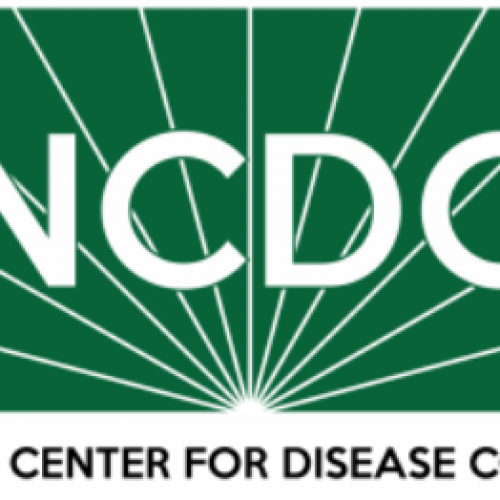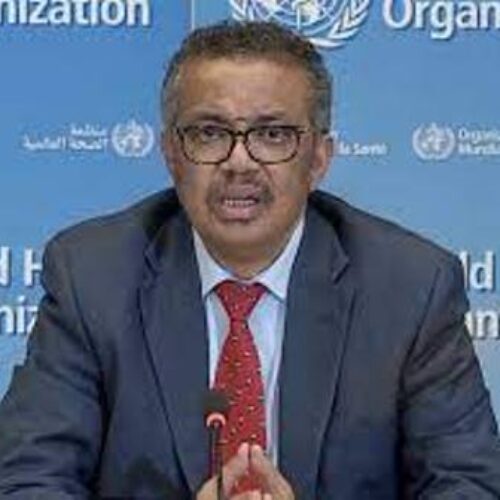Group decries high rate of FGM practice in Oyo
-
Advocates stringent measures against perpetrators
A Civil Society Organization, Hacey Health Initiative, has condemned the high rate of female genital mutilation (FGM) practice in Oyo state and called for stringent. measures against perpetrators
Revealing that the state ranked among states in Nigeria with the highest prevalence of FGM the group restated that the practice has no benefit adding that its negative effects are irreversible.
The group made the disclosures at a day training for focal person, held in Ibadan Oyo State last Friday.
The state coordinator of the group, Mr. Owolabi Olukunle explained that the training was necessitated to consolidate on the gains of the health group in the fight against female genital mutilation in the state.
He said: “Female genital mutilation has no known benefit. It has immediate and age-long term consequences.
“It is an extremely harmful practice. The damage caused is irreversible. The society thought that FGM is a way to protect women against being promiscuous, but we discovered that it does not.”
“We do not know when it started. It does not discourage women from being promiscuous. It has no benefit. So, the media should help us spread the message to the people at the grassroots. We appeal to the religious leaders, traditional rulers, men and women to tell their families to stop this act.”
Earlier in her presentation, a programme associate at Hacey Health Initiative, Miss Otitooluwa Fatoki, advocated stringent measures against FGM perpetrators.
She said: “A top-down approach may not be sufficient in eliminating FGM/C as seen from the low awareness of the available polices and laws reported by the respondents of this research. Policies and laws are insufficient if there is no awareness created on the dangers and complications that arise from FGM/C.”
“Considering this, a bottom-up approach should be prioritised to minimise the prevalence and eliminate the practice in the long run. While a bottom-up approach is encouraged, the top-down approach should also not be neglected. Such an approach may come in the form of social mobilisation and campaigns to create awareness
about the dangers of the practice and about the laws.”
“The state governments can ensure that the policies and laws already existing are strengthened including t application of fines as stated in the legal documents. This will educate people on the consequences that the practice of the act of FGM/C will attract.”
“A mechanism for reviewing the implementation and enforcement of the existing laws and policies should also be investigated.”
“Provision of a toll-free line that people can call anonymously to report a case of FGM/C in every LGA. Increase commitment and strategy to end medicalisation of FGM/C.”







0 Comments
No Comments Yet!
You can be first to comment this post!